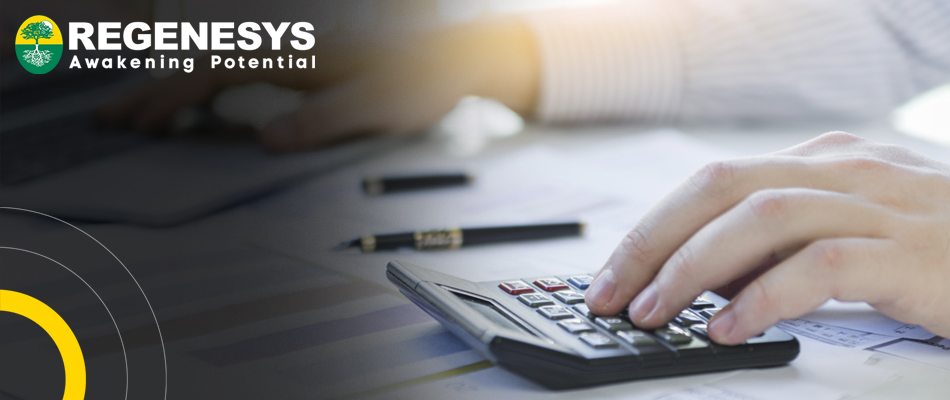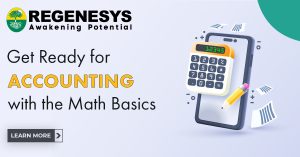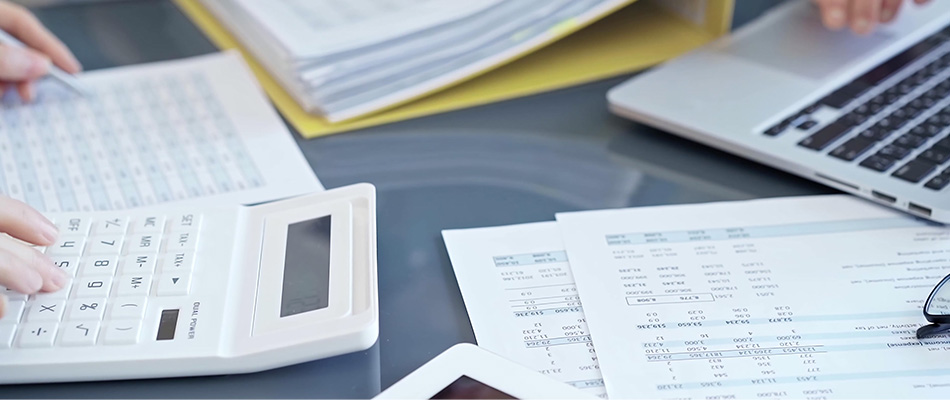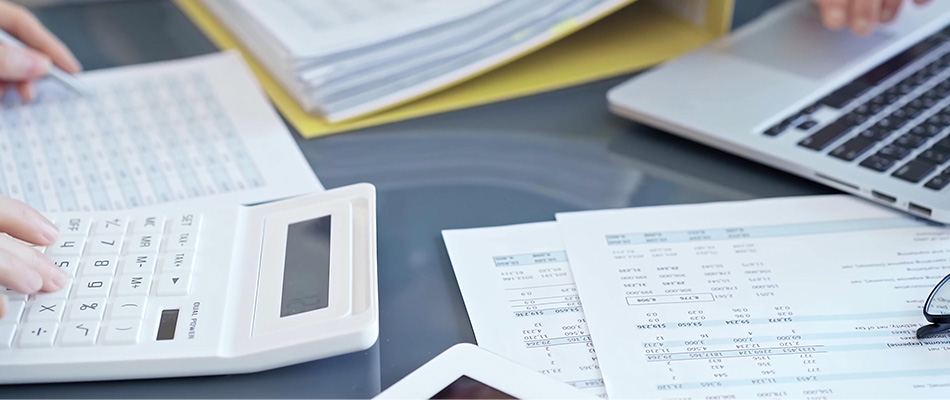Accounting is a field that requires a strong foundation in mathematics. From managing budgets to analysing financial data, a solid understanding of mathematical concepts is essential for success in this profession.
If you’re considering a career in accounting, you may wonder what specific maths skills are needed to excel in this domain. In this article, let’s explore the critical mathematical concepts important for accountants.
Table of Contents
What Is Accounting?
Accounting is a fundamental aspect of any business or organisation. It involves recording, analysing, and interpreting financial transactions to provide accurate and reliable information about a company’s financial health.
Accounting is crucial in decision-making, financial planning, and assessing a business’s overall performance, from small businesses to multinational corporations.
Accounting is the language of business. It helps companies track their income, expenses, assets, liabilities, and equity. By systematically recording financial transactions, accountants create financial statements such as balance sheets, income statements, and cash flow statements. These statements provide valuable insights into a company’s financial position and performance, enabling stakeholders to make informed decisions.
Does Accounting Require Math?
The answer is yes.
Accounting requires Math, but it’s important to note that the mathematics level involved in accounting is simple enough. Basic math skills are essential for accountants to perform their day-to-day duties accurately.
Why Does Accounting Require Math?
Math is an essential tool for accountants. On daily tasks, accountants use different types of math in different ways. Listed below are a few of them.
Accountants must be proficient in arithmetic operations such as addition, subtraction, multiplication, and division. They use these skills to calculate the value of assets, liabilities, revenues, expenses, and profits. Additionally, accountants may need to work with percentages, ratios, and fractions to analyse financial data and make informed judgments.
Advanced accounting concepts like financial analysis, budgeting, forecasting, and tax planning may involve more complex mathematical calculations.
What Math Do You Need for Accounting?
When pursuing a career in accounting, having a solid foundation in mathematics is essential. Accounting is a field that requires a keen understanding of numbers, calculations, and financial analysis. It can be challenging to excel in this profession without a solid grasp of mathematical concepts.
Here are the critical mathematical skills essential for a successful career in accounting.
Basic Arithmetic: At its core, accounting involves working with numbers. A firm grasp of basic arithmetic is essential for performing calculations accurately and efficiently. Addition, subtraction, multiplication, and division are the building blocks of accounting, and accountants must be comfortable with performing these operations quickly and accurately.
Fractions and Percentages: Accounting often involves dealing with fractions and percentages. Understanding how to convert between fractions, decimals, and percentages is crucial for calculating interest rates, analysing financial statements, and determining the allocation of funds. Proficiency in working with fractions and percentages allows accountants to interpret and present financial data accurately.
Algebra: Algebra plays a significant role in accounting, especially when analysing financial statements and solving complex equations. Accountants may need to use algebraic formulas to calculate depreciation, interest, and tax liabilities. A solid understanding of algebraic concepts, such as variables, equations, and inequalities, allows accountants to solve problems and make informed financial decisions.
Statistics: Statistical analysis is another essential skill for accountants. They must interpret and analyse data to identify trends, assess risk, and make informed business decisions. A solid statistical foundation allows accountants to calculate measures of central tendency, analyse variance, and construct meaningful financial reports based on data analysis.
Probability: Probability theory is essential in accounting, especially in auditing and risk assessment. Accountants use probability to assess the likelihood of certain events and determine the potential impact on financial statements. A solid understanding of probability helps accountants make informed decisions and recommendations based on the possibility of different outcomes.
Calculus: Calculus helps accountants understand the rate of change in financial data, such as calculating the derivative of a function to determine the growth or decline of a company’s revenue over time. Although only required for some accounting roles, a basic understanding of calculus can be advantageous. Additionally, calculus can be helpful when analysing cost curves, maximising profit, or assessing the impact of taxes on financial outcomes.
Financial Mathematics: Accountants often deal with financial transactions, investments, and financial planning. Understanding compound interest, present value, future value, and annuities is crucial for making informed financial decisions. Proficiency in financial mathematics enables accountants to assess the profitability of investments, analyse cash flows, and create accurate financial forecasts.
These are some of the core mathematical skills accountants should possess.
The Bottom Line:
A solid mathematical foundation is vital for succeeding in the field of accounting. From basic arithmetic to advanced mathematical concepts like algebra and statistics, accountants must be comfortable working with numbers and analysing financial data.
Aspiring accountants can better understand financial transactions, provide accurate financial analysis, and make informed business decisions by developing and honing their maths skills. So, if you’re considering an accounting science job, prioritise your maths education and build a solid foundation in these key concepts.
Hone your mathematical skills by enrolling in the Regenesys Business School Accounting Science programme and learning more about the accounting science requirements, accounting science Regenesys modules, accounting science job opportunities and more.
FAQs on What math do you need for accounting
What types of math are essential for accounting?
Accounting requires a strong understanding of basic arithmetic, algebra, and statistics. These skills are essential for tasks such as calculating financial ratios, preparing budgets, and analyzing financial data.
Do I need advanced mathematics for an accounting career?
While advanced mathematics, such as calculus, is not typically necessary for most accounting roles, a solid foundation in basic math and proficiency in mathematical reasoning is crucial for success in the field.
How is algebra used in accounting?
Algebra is used in accounting to solve equations and analyze financial trends. It helps accountants create financial models, determine the relationships between variables, and make informed business decisions.
Why is statistical knowledge important in accounting?
Statistics play a vital role in accounting by enabling accountants to analyze data, interpret financial information, and predict future trends. This skill is particularly useful in auditing, budgeting, and financial forecasting.
How can I improve my math skills for accounting?
To enhance your math skills for accounting, consider taking courses in accounting and finance, practicing problem-solving exercises, and using accounting software to familiarize yourself with real-world applications.







